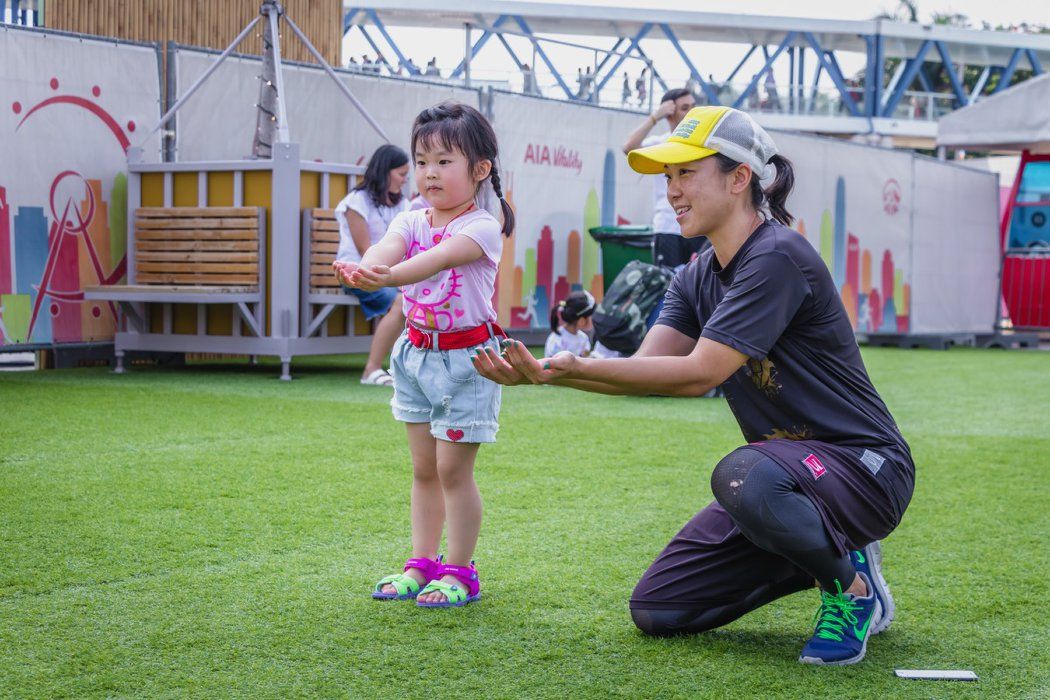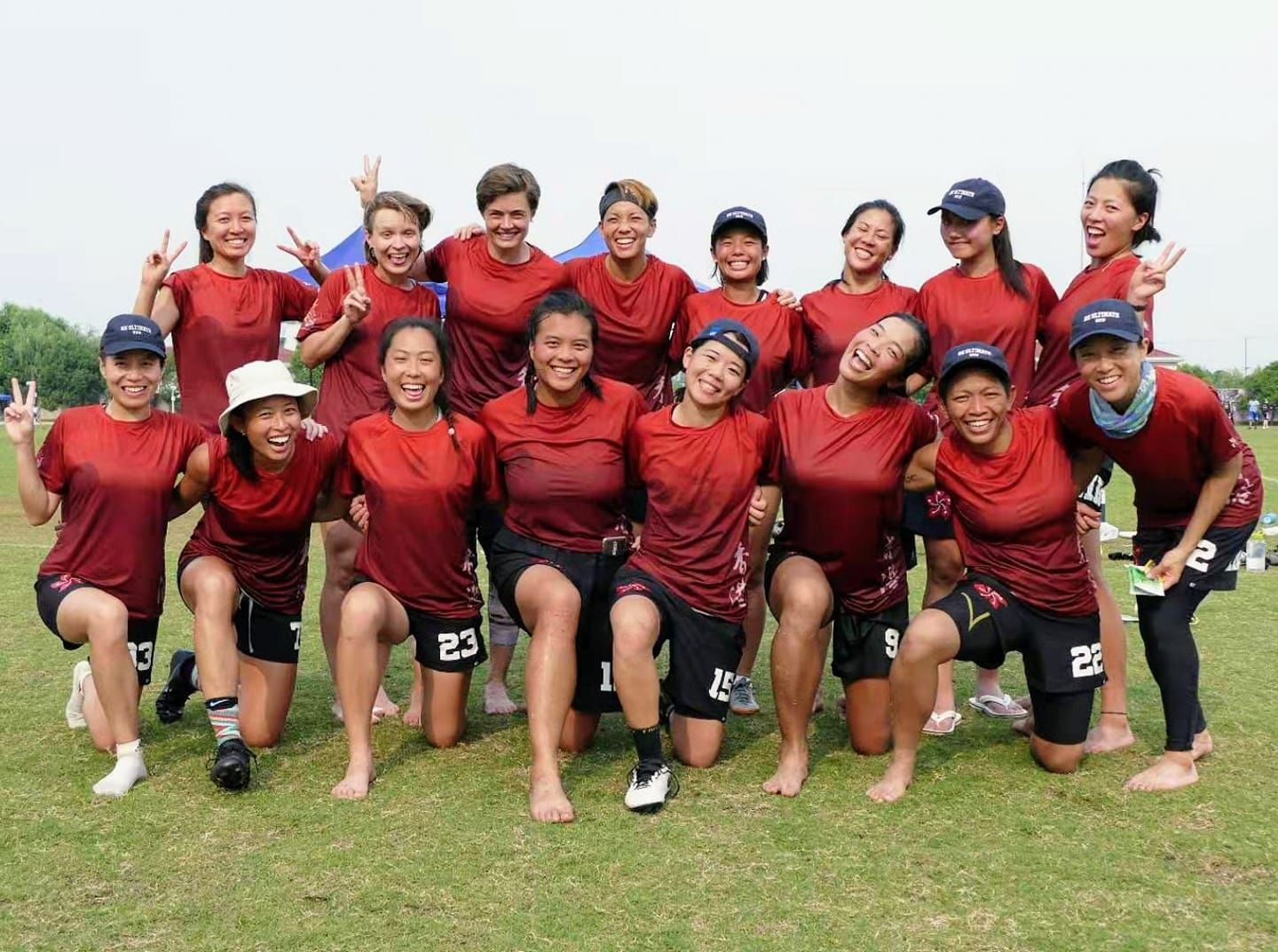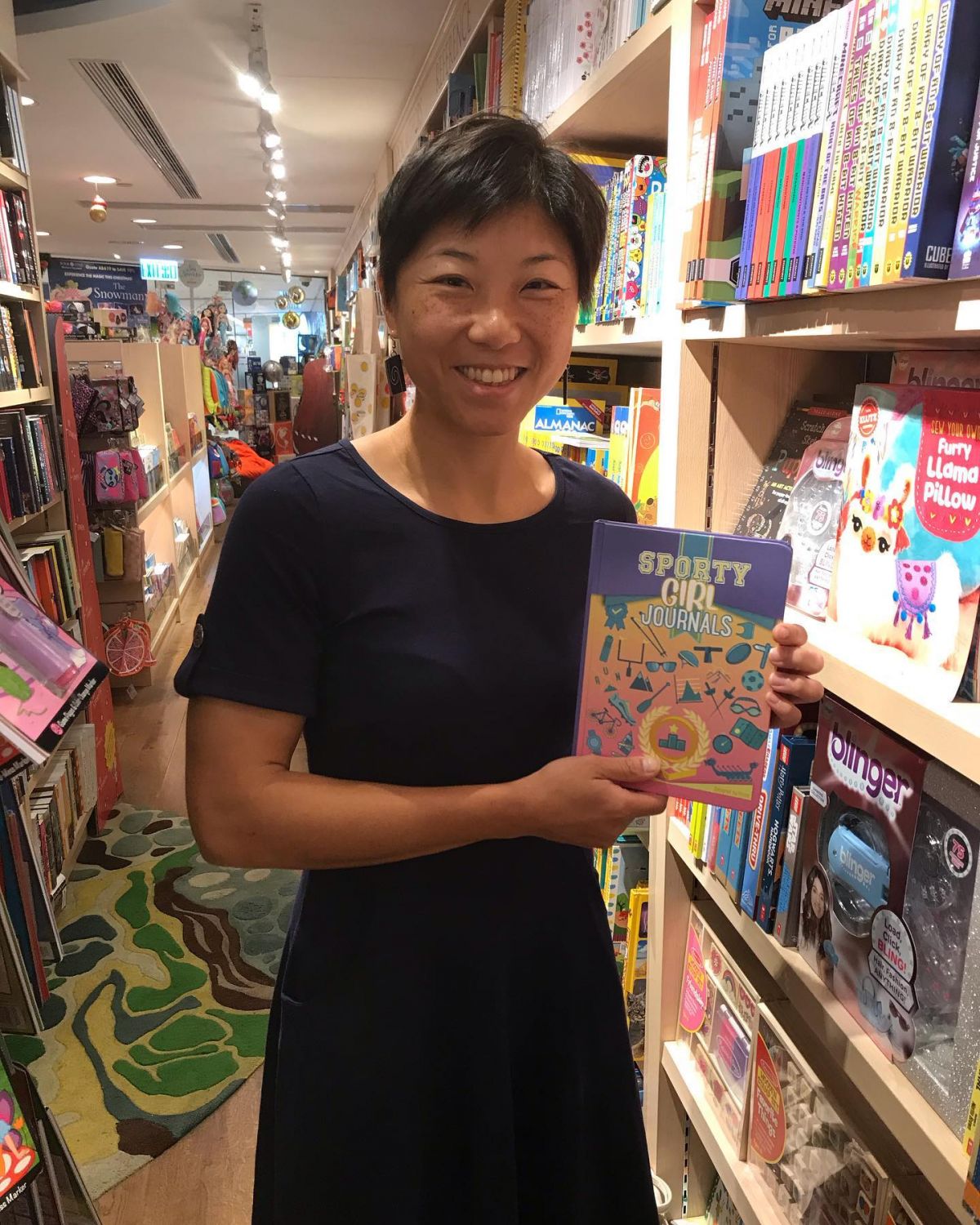The founder of WISE Hong Kong wants women to engage and participate in sports as a means to growing both personally and professionally
Alicia Lui’s mother did not grow up playing sport. But she was determined that things would be different for her daughter and encouraged her to engage and participate in sports. However, it was not always straightforward.
“On one hand, I was encouraged to play sports, but I wasn’t really encouraged to play things like football, because the perception was that it would make me short,” says Lui. “When the school asked me to try out for track and field, my parents thought I’d be too muscular and my thighs would be too manly. And when I wanted to try rugby they said it was too violent and rough and I would hurt myself. So, while they wanted me to play sports, they thought something more feminine would be better.”
So Lui started out with roller skating and figure skating. However, other sports would come later, thanks in part to Lui's education in international schools and overseas, which gave her greater exposure to different sports and influenced her relationship with physical activity.
Sport has remained a constant in Lui’s life, even as she pursued a career in the corporate world, with roles at KPMG, JP Morgan and Accenture in both Hong Kong and Beijing. In 2017 she decided to make sport part of her professional life, launching WISE (Women In Sport Empowered) Hong Kong, which officially became a charity in 2020. Its aim is to empower women and girls, particularly those from underserved communities, through sport and physical activity, and to work towards achieving greater gender equality in the sports industry.
WISE works in a number of ways. The organisation partners with local schools to provide sports programmes and opportunities to girls aged between 12 and 16. This is an age bracket when girls can benefit most from participation in physical activity but is often the time when girls most frequently drop out of sports. Exposure and support can change this. WISE also has a family programme through which it hosts mother and daughter sports days to encourage role modelling.
Additionally, last year, WISE launched its SHE (Sports, Health, Empowerment) programme, a mentoring initiative that pairs young women in tertiary education with working professionals to encourage the use of sports as a tool to support personal and professional development. “We are not saying sports is necessarily going to help you get where you want to be, but there’s a lot about sports in terms of the mindset that can help you in the workplace and with women's health,” says Lui. Below, the founder of WISE shares more of her story in her own words.
Meeting resistance as a woman
Sport was my passion. I had always loved sports—not simply participating, but growing up I was the girl who sat in front of the TV and watched football with my dad. Our talk was about sports. I often thought about transitioning into the sports industry. I had worked in private banking and I thought I could do that for athletes, or I could be a sports agent. But I always met with resistance. Everyone said, “You’re a woman and it will be hard for you to get male clients, as they will never see you in the same way”. At the time, I didn’t have the wherewithal to push through and fight for what I wanted for myself.
Learning to lean in
While I was working in Beijing, the Lean In movement started. It was 2013 and Sheryl Sandberg came to Beijing. I had some friends who wanted to start Lean In Beijing. That was the first time I found myself in a group of women who really talked about the challenges that we faced at home and at work. And no matter how many people criticise the book or what led on from it, for me at the time it was recognition that there were a lot of other women who felt the same way I did and we were in an environment where we could talk about it and support each other. It was an important moment for me, because it was the first time I felt like I wanted to do something. I left Beijing a few years later to pursue my second Masters degree and I was asked what I wanted to do afterwards. It was then that I started thinking about doing more in women’s empowerment and the idea for WISE started formalising.




